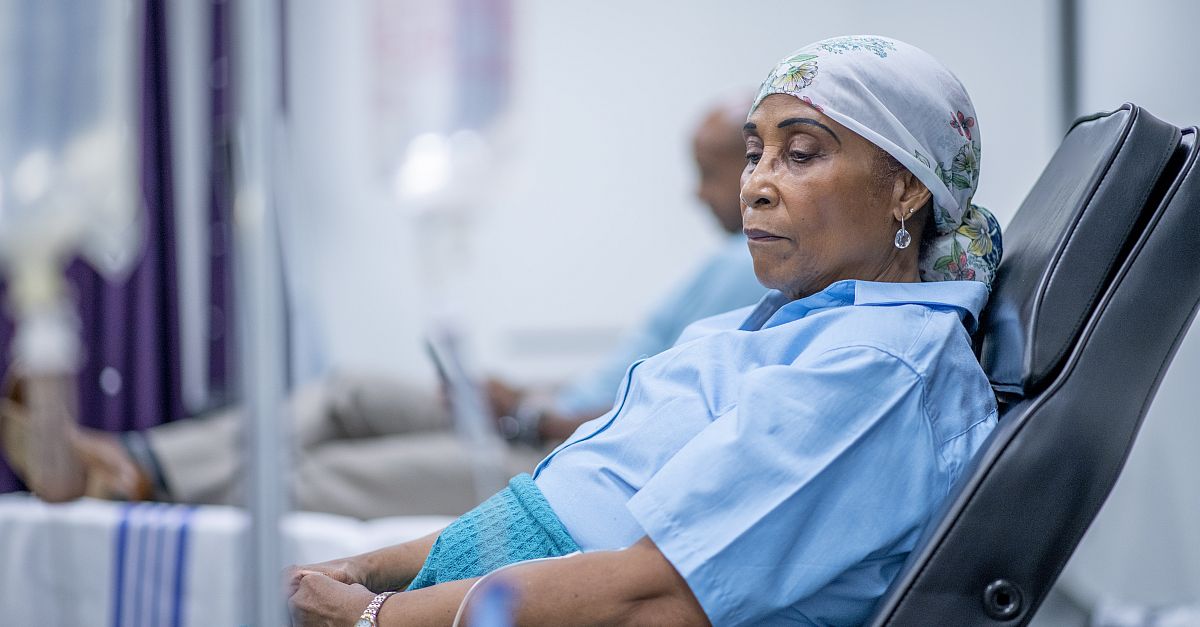Venous thromboembolism (VTE) and depression are both known causes of disease burden and mortality. When depression follows VTE, patients may be less likely to adhere to prescribed medications and treatment, have functional impairment or disability, or have an increased risk of morbidity and mortality. To increase understanding of VTE and risk of depression, Dr Helle Jørgensen and colleagues compared results from a large Danish cohort (n = 64,596) with those of a general-population cohort (n = 322,999).
Mental and emotional stress after VTE was found to be long-term and chronic, often driven by a persistent fear of VTE recurrence. The risk of depression was more than twice as high in the VTE cohort (incidence rate 44.4 per 1000 person-years) compared with the general-population cohort (incidence rate 19.4 per 100 person-years). The absolute risk of depression was 10.3% for those with VTE and 5.6% in the comparison cohort, corresponding to 4.7 excess cases of depression per 100 individuals with VTE.
The risk of depression was highest in patients with VTE provoked by cancer, even after adjustment for potential confounders. Depression in patients with cancer after VTE is affected by several factors, including emotional distress, insecurity, poor underlying health, hospitalization, immobilization, cancer treatment, and prolonged anticoagulant treatment. The results also suggested that the risk of depression was higher in women than in men and strongest during the first years after VTE diagnosis.
High level
The results of this study can be used to inform new strategies for identifying patients with VTE and risk of depression for screening, prevention, and treatment. Particularly for patients with cancer, incorporation of risk assessments into protocols and electronic health records may help identify patients with VTE at high risk for depression, enabling earlier prevention and management.
Ground level
Depression may be a reaction to the consequences of VTE diagnosis or may be an adverse effect secondary to VTE treatment and/or functional deterioration and complications. Adequate supportive and preventive measures initiated after VTE may enhance mental health and treatment adherence among patients with VTE and risk of depression.

